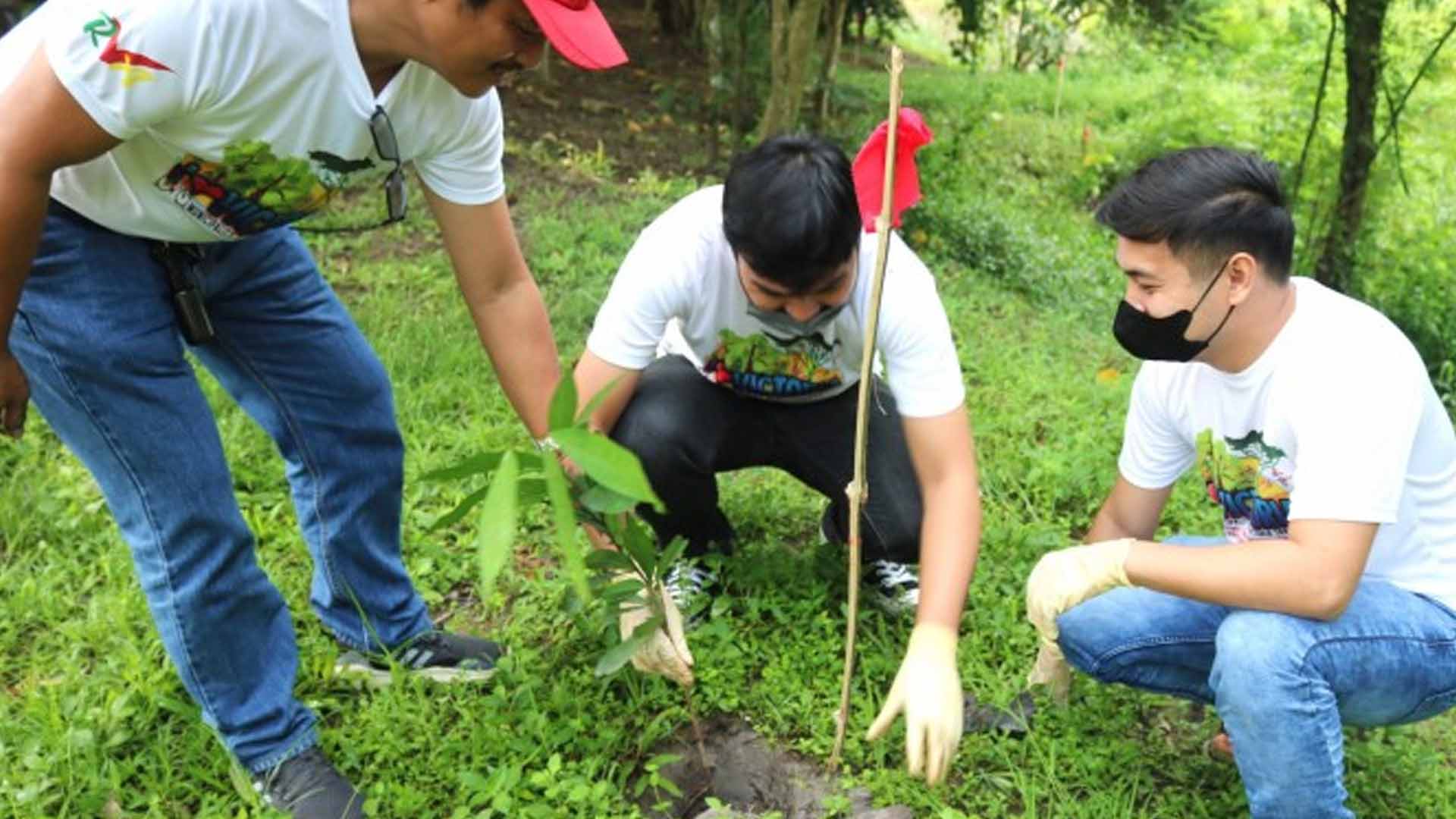President Ferdinand R. Marcos Jr. has highlighted the importance of pursuing more environmental protection programs to beef up the country’s fight against climate change.
Marcos said initiatives such as tree-planting would help mitigate the impacts on the country.
“Ang Arbor Day na ginugunita tuwing June 25 ay ang kampanya para sa pagpapahalaga sa ating mga puno sa pamamagitan ng pagtatanim ng mga puno at halaman (The Arbor Day celebrated every June 25 is an environmental campaign which promotes planting of trees and ornamental plants),” he said in a weekly vlog uploaded on his official Facebook page on Saturday.
“Ang Arbor Day ay sine-celebrate bilang bahagi ng patuloy na pag aayos at pag alaga ng ating kagubatan.Ngayong panahon na mas ramdam na ang epekto ng climate change, mahalaga na ang bagong Pilipino ay mas mapagmahal sa kalikasan (We are celebrating Arbor Day to protect the forest. Now that the effects of climate change are worsening; it is important that the new Philippines takes care of the environment),” he added.
The Philippines celebrates Arbor Day every June 25 by planting trees and ornamental plants, as well as conducting other relevant activities that promote a healthier ecosystem.
Under Presidential Proclamation 396 signed in 2003, all government agencies and institutions, private sector, schools, civil society groups, and the citizenry are enjoined to plant trees for the rehabilitation and regreening of the environment.
In a separate statement on Saturday, Climate Change Commission Commissioner Albert Dela Cruz Sr. stressed the need for immediate climate action to address the serious health risks among the general population, particularly the critically vulnerable and marginalized sectors.
The Philippines has allocated USD8.2 billion, or 9 percent of its total national budget, for climate change adaptation and mitigation programs this year.
The World Health Organization (WHO) has projected that between 2030 and 2050, climate change will cause around 250,000 additional deaths per year because of heat stress, malaria, diarrhea and malnutrition alone.
Direct damage costs to health are estimated to be between USD2 billion to 4 billion per year by 2030, according to a WHO report, adding that areas with weak health infrastructure, mostly in developing countries, will be the least able to cope without assistance. (PNA)









